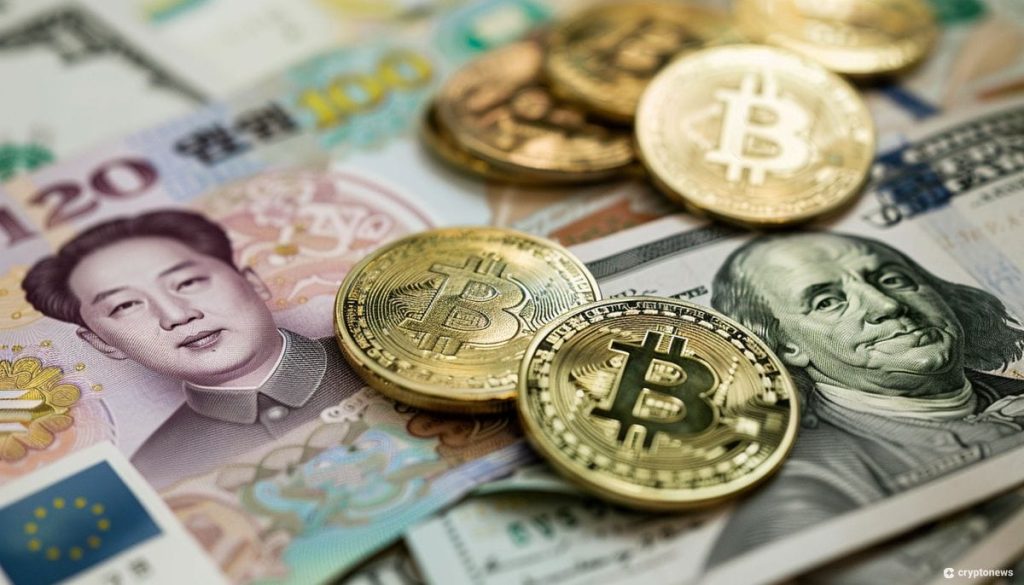The South Korean won has become the leading fiat currency for cryptocurrency trading in the first quarter of 2024, surpassing the US dollar. This shift in dominance was attributed to the “fee war” among Korean crypto exchanges, with trade volumes reaching their highest level in over two years. The improving macroeconomic environment and intense competition between exchanges in South Korea have fueled this growth, resulting in the South Korean won exceeding the US dollar in cumulative trade volume. Euro-denominated trading pairs recorded $59 billion in volume, securing the third position for the quarter.
Upbit, the leading crypto exchange in South Korea, has held over 82% of the market share since 2021. However, the recent bullish market conditions led to intensified competition among rival exchanges. Bithumb and Korbit launched zero-fee campaigns to attract users, with Bithumb experiencing a threefold increase in market share after implementing the strategy. Despite this, Bithumb saw a significant revenue drop, leading to a 60% decline in annual revenue in 2023 and the discontinuation of the zero-fee campaign in February 2024. Kaiko reported a decline in trading volumes for the South Korean won in early April.
In response to the decline in trading volumes, the recent approval of spot Bitcoin and Ether exchange-traded funds (ETFs) in Hong Kong is expected to bring a rebound in volumes. Hong Kong’s financial regulator has given the green light to three spot Bitcoin ETFs, which will be listed on the Hong Kong Stock Exchange in two weeks. A survey revealed that young South Koreans are losing faith in the national pension system, with many turning to crypto and stocks as a better alternative. Over three-quarters of people aged 20-39 do not trust state-issued pensions, with many building their retirement funds with stocks and crypto.
Election candidates in South Korea also have exposure to cryptocurrencies, with approximately 7% of them owning digital assets. The country is set to introduce stricter regulations for token listing on exchanges, including blocking tokens that have been hacked. Financial authorities are preparing to release guidelines for virtual asset trading support, expected to be published by the end of the month or early next month. Despite the decline in trading volumes for the South Korean won in early April, the approval of spot Bitcoin and Ether ETFs in Hong Kong and the shifting attitudes towards traditional pension systems indicate potential growth in the cryptocurrency market in South Korea.


